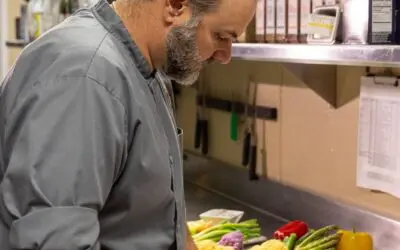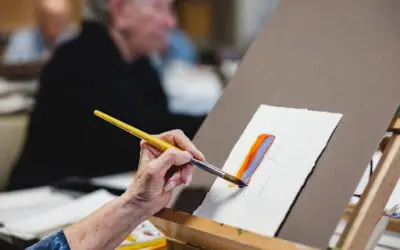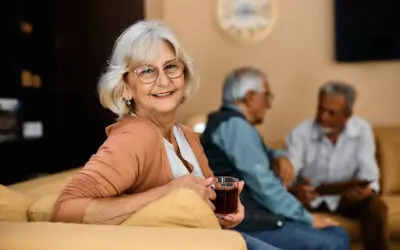ADL occupational therapy is an informal description of physical therapy that helps seniors remain as self-reliant as possible when it comes to activities of daily living. A therapist who works with seniors will use ADL occupational therapy to help them overcome limitations or challenges resulting from age, illness, injury, disability or cognitive decline.
What is ADL Occupational Therapy?
ADL occupational therapy is centered on activities of daily living (ADLs). It helps the individual focus on what they’re capable of doing, rather than what they cannot do. Being able to perform ADLS is an important part of living independently. These tasks can be broadly classified as:
- Personal hygiene: Bathing or showering, grooming, brushing teeth
- Dressing: Managing the physical task of dressing and undressing oneself
- Eating: Feeding oneself by setting up and bringing food to the mouth
- Continence: Using the toilet, getting on and off the stool, and keeping oneself clean
- Mobility: Moving, walking, sitting, and standing, unsupported or with an assistive device
ADL Occupational Therapy Helps Seniors and Their Families
A therapist assesses the individual senior to see how best to incorporate activities that will improve their life skills and promote their participation in daily life. The therapist will then develop a personalized program that may combine adaptive tools, education and exercises to help the senior relearn and improve strength, dexterity and fine motor skills.
The insight an occupational therapist brings to a senior’s daily needs can also be beneficial for members of the senior’s family. It enables them to better understand how to help their loved one and make informed decisions about their care. Occupational therapists can also assist the family with an assessment of the senior’s home environment. They can suggest modifications for safety or mobility, including installing grab bars in the shower, a higher seat in the toilet, wheelchair ramp, and other assistive tools to help a senior live as safely and productively as possible. Therapists can also provide the senior and their family members with resources such as support groups, equipment lending and exercise classes.
How Occupational Therapy Can Address Specific Daily Needs
Showering, Bathing and Toileting
An occupational therapist can help a senior adapt their home environment to their needs. This may include installing grab bars as previously mentioned, and even extend to arranging items in bathroom cabinets to place them within easy reach. A therapist can see if there’s benefit to bringing in adaptive equipment such as a roll-in shower chair or a raised toilet seat with armrests, to help with sitting and standing. Even seemingly small modifications such as a handheld shower head or a supply of washcloth mitts can prove helpful. A therapist may also structure a regular toileting schedule for the senior to prevent any accidents.
Dressing
If a senior is experiencing challenges with dressing, an occupational therapist can show them how to use tools to make the tasks easier. For example, a long-handled shoe horn can help with donning shoes, and dressing aids such as a bra hook can help with fastening undergarments.
Mobility
Part of a senior’s treatment program could include a program of balance and strengthening exercises to maintain physical mobility. The therapist can teach correct body mechanics for walking, turning, sitting and standing, and preventive methods to reduce the risk of a fall. Many seniors also benefit from learning how to warm up and stretch their muscles before walking. For seniors who are challenged with bed mobility, a therapist may suggest an assistive device such as a bed cane, transfer pole, bed rails, or even an electrically controlled hospital bed. For those who need support while walking, a therapist can train them in the proper and effective use of a walking frame or wheelchair.
Eating
Therapy can range from retraining swallowing techniques to the use of specially adapted eating utensils such as a two-handled cup, or cutlery with large handles. For seniors who like to cook, a therapist may suggest exercises or adaptive equipment for kitchen tasks such as food preparation.
The Sagewood health services team includes skilled occupational therapists with extensive experience in all forms of rehabilitation, including activities of daily living. We’re passionate about helping seniors reach their optimum activity level as quickly as possible with an individualized plan for care. Learn more about the range of therapies we offer in our beautiful, restorative setting. Call us today at 480-900-4905.



